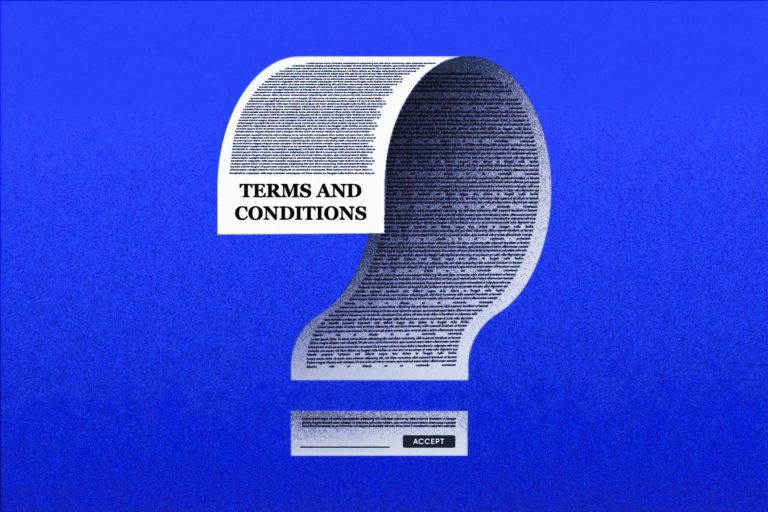
Does Your Estate Plan Include Digital Property Protection?
It’s difficult to go a few hours without interacting with a digital account. Whether that is email, online banking or social media, many daily tasks involve digital informational storage.

It’s difficult to go a few hours without interacting with a digital account. Whether that is email, online banking or social media, many daily tasks involve digital informational storage.

Most people can’t wait for retirement, and even more would likely opt for some form of early retirement, if they had the opportunity. Whenever you ultimately decide to cut down your time at work or leave the workforce altogether, you need to ensure that you have a full slate of estate planning documents in place.

When Pablo Picasso died in 1973 at the age of 91, he left behind about 45,000 works of art – so many that it would take the entire Empire State Building to display them all at the same time – and yet he didn’t leave a will.

An Uncle (or grandparent, sibling, or parent) died, leaving his IRA to one named niece (or grandchild, sibling, or child). However, everyone, including the named beneficiary, agrees–the decedent should have named all members of the class as equal beneficiaries. After all, he left all his other assets equally to all the class members. He surely meant for all of them to share the IRA equally too, right? Can’t we just ignore this mistake and pay out the IRA to everybody?

My daughter, my only child, recently married a nice man. However, he is not responsible with his finances. I don’t want my son-in-law to have any access to her money or through a divorce via equitable distribution.

I am a resident of Florida. I would like to leave my condo in Florida to my friend’s daughter, who I consider my stepdaughter, after my death. She is a resident of New Jersey and they would use the condo as a vacation home. Will she be considered my daughter for tax purposes, and which state’s tax laws will count?

Estate planning can come in a variety of forms, from basic beneficiary designations when you open a bank or brokerage account to more complex and comprehensive plans.

It is also important to realize that it isn’t merely “why” you are updating your will, but “when” you are updating that can make all the difference. Acting too late (or too early) may mean your changes are no longer appropriate or even immediately invalidated.

I am currently married but I purchased a home from my mother before my marriage. I added my younger sister to the deed at the time of purchase, so the house would remain in the family if something happened to me. I have been paying the mortgage and bills myself for three years now. However, now that I’m married to a great woman, who would get the house when I die?

All real estate investors need to consider what to do with all of their real estate assets when estate planning. After all, the last thing you want is to have your will end up in probate court, where it could be years before your estate settles. With that in mind, here are some options on how to include real estate investments in your will.